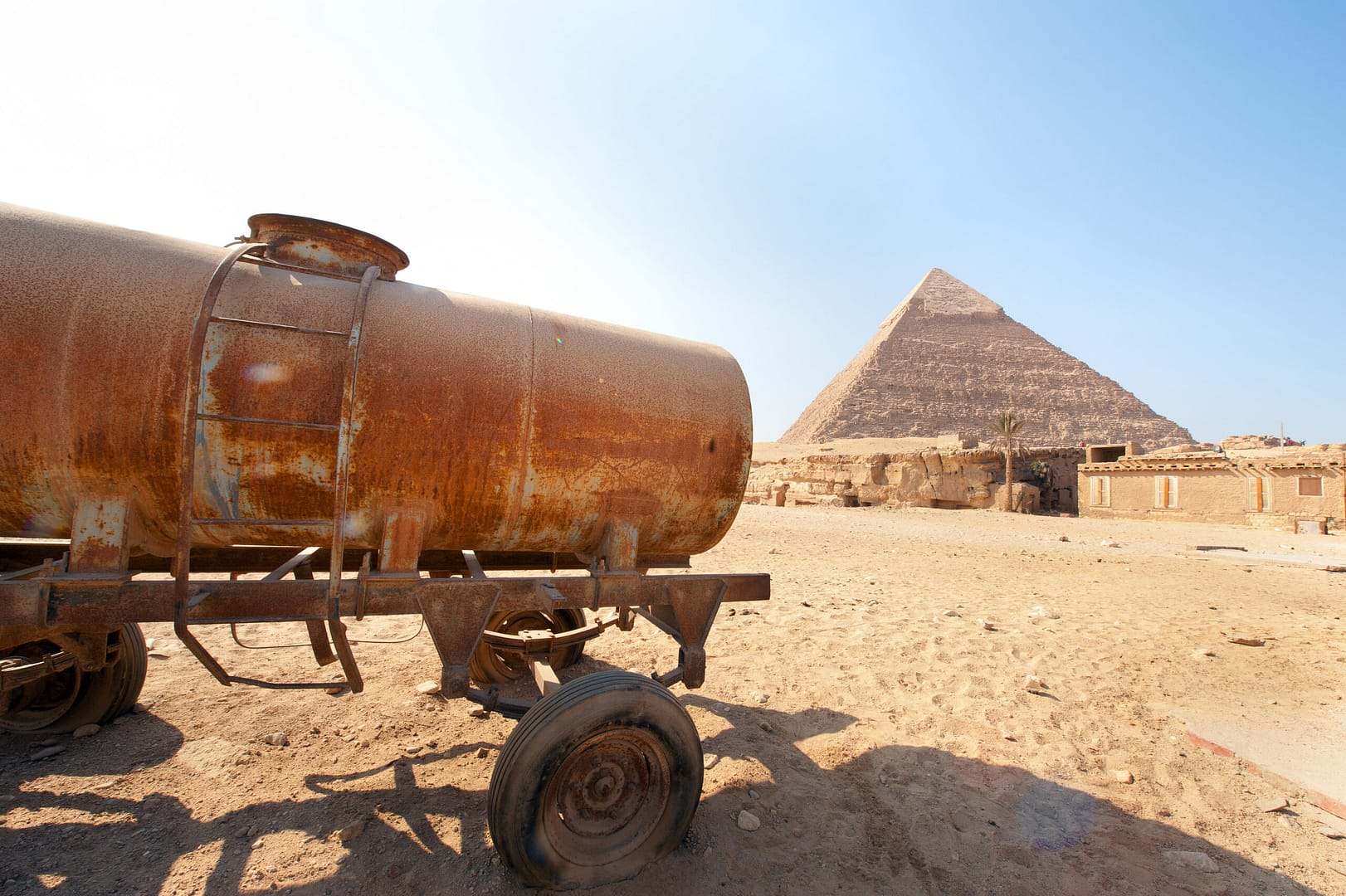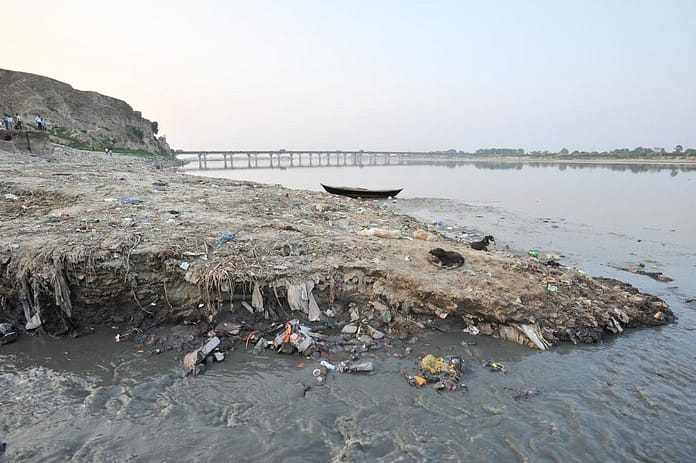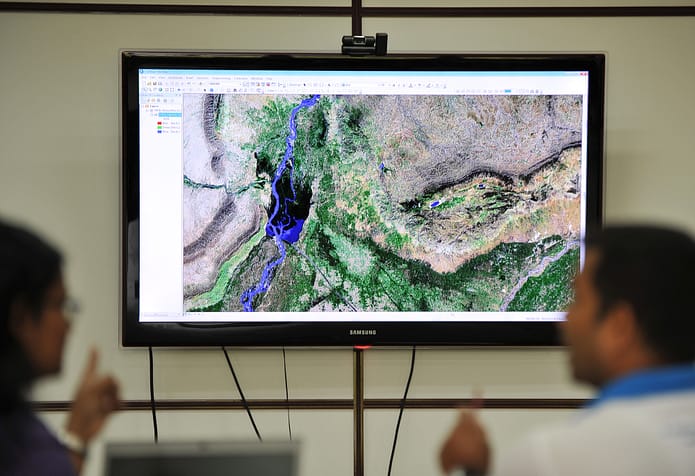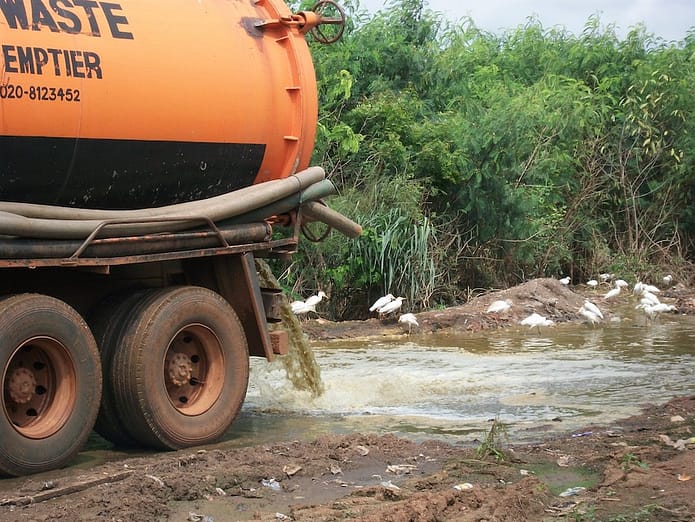
Today, IWMI announced plans to develop a new AI-powered platform, called e-ReWater, to improve wastewater reuse in the Middle East and North Africa Region (MENA), backed by US $1 million in grant funding from Google.org, Google’s philanthropy.
The grant will support researchers at IWMI as they develop e-ReWater, a platform powered by artificial intelligence and earth observation data which uses remote sensing technologies to monitor land, seas and the atmosphere. With help from satellites, it will help estimate the availability of new water resources and improve water reuse. This will reduce the impact of water scarcity in the MENA region, improving food and water security.
MENA is one of the most water-scarce regions of the world. Growing populations and the increasing impacts of climate change continue to exacerbate water scarcity. While recycled water offers multiple benefits compared to desalination of groundwater abstraction, a recent study indicates that this region is losing at least 54% of the nutrient-rich wastewater.
As part of this project, researchers from IWMI will also develop an online dashboard that will provide accessible and comprehensive information on wastewater generation and recycling potential in Egypt, the Kingdom of Saudi Arabia, and the United Arab Emirates. The dashboard, which is developed for utility managers, policymakers and the wider public, will help bolster climate resilience and mitigation efforts across the region by providing better access to information around water reuse.
The three-year project presents an opportunity to improve access to wastewater information and strengthen the capacity of staff at national research institutions. It will also identify the potential of wastewater reuse in different sectors and lead to reductions in groundwater use, the current source of water for many.
Commenting on the announcement, Adam Elman, Head of Regional Sustainability, EMEA at Google, said “Water scarcity is one of the most critical environmental issues facing people living in the Middle East & North Africa. By supporting IWMI’s efforts to use AI in order to improve water reuse, we’re aiming to help people in Egypt, the UAE and Saudi Arabia”
“To help water-scarce countries adapt to climate change it is important to use all possible sources of water,” said Rachael McDonnell, Deputy Director General of IWMI. “This new data tool will help water managers bring recycled water into their future management plans to ease water stress for some users. We are excited to bring together the strengths of Google.org and IWMI to develop this game-changing tool that responds to requests from governments in the MENA region and beyond.”
Recycled water can provide a reliable source of water for agriculture — the sector using the most water in the region — industry and the environment, as it is not affected by variations in weather, particularly rainfall. This resource is also often available at lower investment costs and energy use than desalination or long-distance water transfers.
FOR MORE INFORMATION, OR TO ARRANGE INTERVIEWS, CONTACT:
Rodrigo Ordonez, Global Communications Lead for Water Systems, IWMI
r.ordonez [at] cgiar.org
OR
Researchers and sustainability leaders from IWMI and Google will be at COP28.




